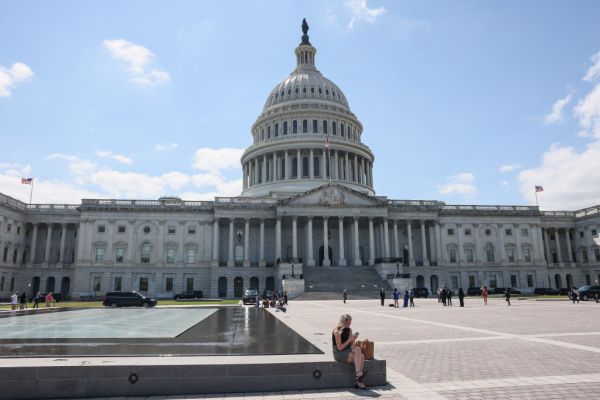Changes to the way Instagram promotes political content have received attention from across the political spectrum following a rollout in recent weeks. “Extreme-Left Meta’s latest scheme is to diminish political content on Instagram just in time for the presidential election,” wrote Breitbart in a Facebook post on March 24. “Considering this was done on the DL [down low], I can only imagine this was purely designed to interfere with people being able to obtain important information for the election,” says another post.
These posts are correct, but lack context: Instagram is in fact changing the way it treats political content, but it isn’t restricting it—users will still see political content from accounts they follow and can elect to opt out of the platform’s other changes. (Disclosure: The Dispatch Fact Check is a part of Meta’s third-party fact-checking program on Facebook and Instagram.)
On February 9, 2024, Meta announced that it would be extending Facebook’s existing approach of not proactively recommending political content to users to also cover both Instagram and Threads. Users of the two platforms will no longer have political content promoted to them by the platform’s algorithms—but the changes will not affect how users experience content from accounts they already follow.
According to Adam Mosseri, head of Instagram, the intent is to better allow users to decide the extent to which they want political content to be part of their experience on the platform. “Our goal is to preserve the ability for people to choose to interact with political content, while respecting each person’s appetite for it,” he wrote.
Instagram typically promotes content to users from accounts they don’t already follow through in-feed recommendations, on its Reels and Explore pages, and by suggesting accounts to follow. Under the new approach, these various “recommendation surfaces” will no longer promote posts or accounts that mention governments, elections, or broad social topics. Users will still see political content posted by accounts they follow and can also opt out of the new content restrictions through the app’s content preference settings.
“These recommendations updates apply to public accounts and only in places where we recommend content,” Mosseri posted on Threads in February about the changes. “They don’t change how we show people content from accounts they choose to follow. If political content is posted by an account that is not eligible to be recommended, that account’s content can still reach their followers in Feed and Stories.”
Readers who want to continue seeing recommended political content on Instagram can do so by following these steps.
If you have a claim you would like to see us fact check, please send us an email at factcheck@thedispatch.com. If you would like to suggest a correction to this piece or any other Dispatch article, please email corrections@thedispatch.com.









Please note that we at The Dispatch hold ourselves, our work, and our commenters to a higher standard than other places on the internet. We welcome comments that foster genuine debate or discussion—including comments critical of us or our work—but responses that include ad hominem attacks on fellow Dispatch members or are intended to stoke fear and anger may be moderated.